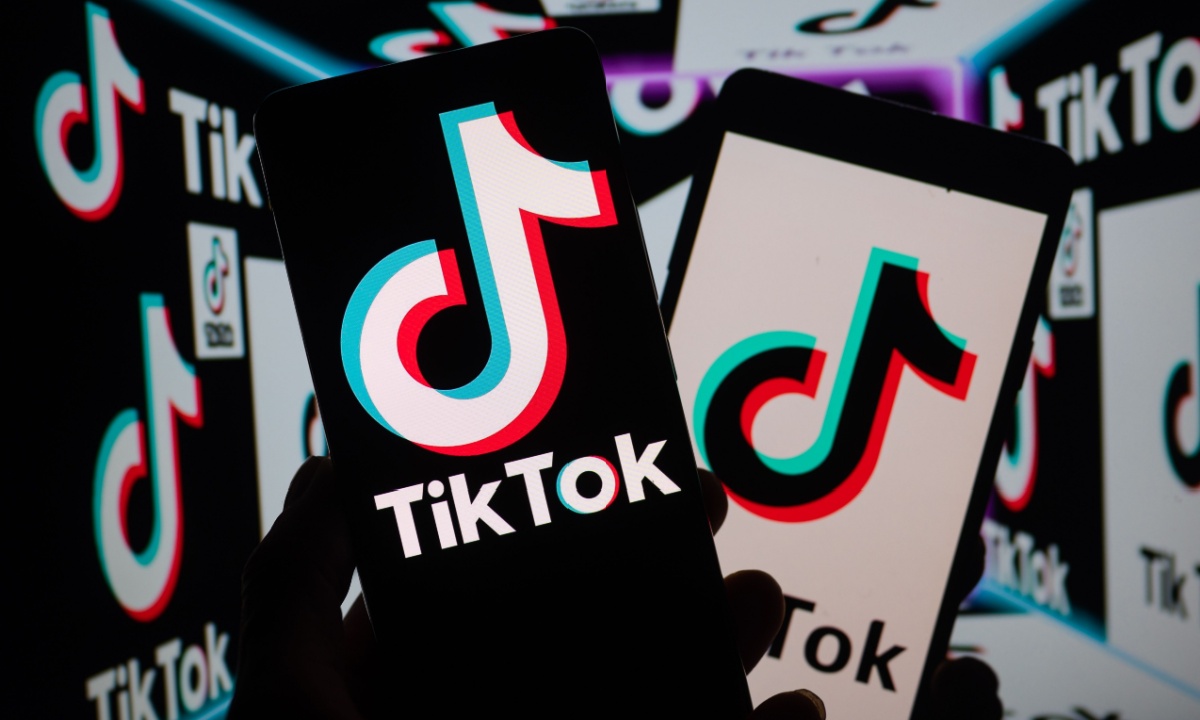
The U.S. Supreme Court has agreed to hear a challenge brought by TikTok and its Chinese parent company, ByteDance, against a U.S. law that mandates the sale of the short-video app by January 19 or risks an outright ban on national security grounds. According to Reuters, the justices will hear arguments on the matter on January 10 but have not yet acted on TikTok and ByteDance’s emergency request to pause the impending enforcement of the law.
The case comes as TikTok, used by approximately 170 million Americans, faces scrutiny over its Chinese ownership. Congress passed the legislation in April, citing concerns over national security. Per Reuters, the Justice Department has labeled TikTok “a national-security threat of immense depth and scale,” alleging the platform could exploit its vast troves of user data—including private messages and geolocation—and manipulate content visible to American users. TikTok, however, denies posing any such threat, insisting it operates independently of Chinese government influence.
TikTok and ByteDance argue that the law violates free speech protections enshrined in the U.S. Constitution’s First Amendment. In a December 16 filing, the companies emphasized that enforcing the measure would irreparably harm TikTok’s user base, advertisers, and content creators. They estimate losing about one-third of U.S. users if the platform is shuttered for even one month. The companies contend that Americans should have the freedom to decide for themselves whether to use TikTok despite any purported risks.
Read more: TikTok Challenges Canadian Shutdown Order in Federal Court
“If Americans, duly informed of the alleged risks of ‘covert’ content manipulation, choose to continue viewing content on TikTok with their eyes wide open, the First Amendment entrusts them with making that choice, free from the government’s censorship,” TikTok and ByteDance argued in their court filing.
The U.S. Court of Appeals for the District of Columbia Circuit had previously rejected these First Amendment claims in a December 6 ruling. This decision upheld the law and left TikTok and ByteDance with little recourse but to escalate their appeal to the nation’s highest court.
Beyond the legal arguments, a ban on TikTok could have far-reaching implications. According to Reuters, TikTok’s forced sale or ban would significantly diminish its value for ByteDance and its investors, while also disrupting businesses that rely on the platform for advertising and customer engagement.
With the January 19 deadline looming, the Supreme Court’s upcoming decision could shape the future of the platform in the United States and address broader questions about data security, government oversight, and free speech in the digital age.
Source: Reuters
Featured News
Legal Experts Urge Caution in Google Antitrust Case
Jun 9, 2025 by
CPI
Court Sides with Telecom Argentina in Telefónica Merger Dispute
Jun 9, 2025 by
CPI
Federal Judge Dismisses Portions of Publishers’ Lawsuit Against Google
Jun 9, 2025 by
CPI
Getty Images Copyright Lawsuit Kicks Off as UK Data Bill Suffers 5th Defeat
Jun 9, 2025 by
CPI
BlackRock, Vanguard and State Street Push to Dismiss Antitrust Lawsuit Over ESG Strategies
Jun 9, 2025 by
CPI
Antitrust Mix by CPI
Antitrust Chronicle® – Industrial Policy
May 21, 2025 by
CPI
Industrial Strategy and the Role of Competition – Taking a Business Lens
May 21, 2025 by
Marcus Bokkerink
Industrial Policy, Antitrust, and Economic Growth: Some Observations
May 21, 2025 by
David S. Evans
Bolder by Design: Crafting Pro-Competitive Industrial Policies For Complex Challenges
May 21, 2025 by
Antonio Capobianco & Beatriz Marques
Competition-Friendly Industrial Policy
May 21, 2025 by
Philippe Aghion, Mathias Dewatripont & Patrick Legros